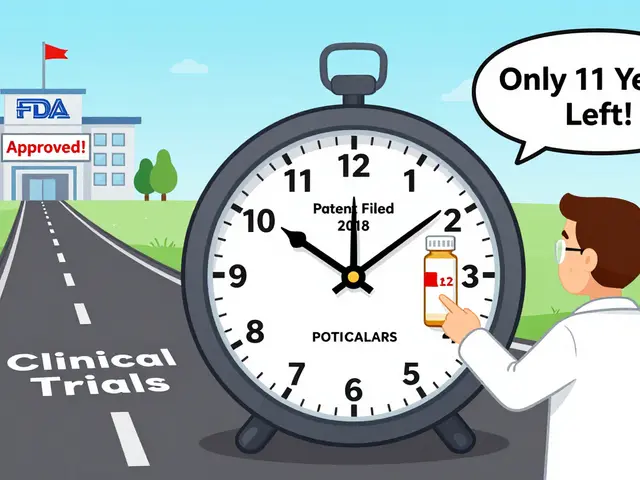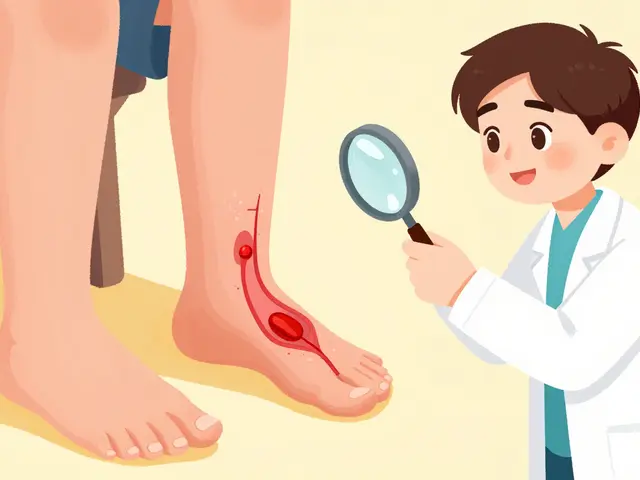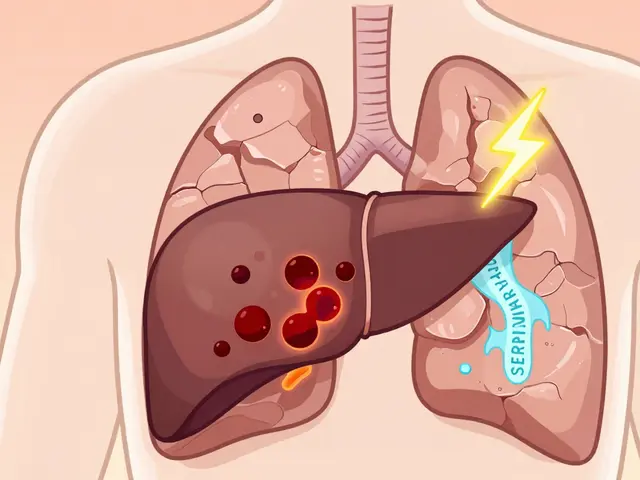Risperidone alternatives: quick guide to other options
Risperidone works well for many, but side effects like weight gain, drowsiness, or movement symptoms make people look for something else. If you’re wondering which antipsychotics or non-drug options might fit better, this page breaks it down in plain terms so you can have a clearer conversation with your clinician.
Common medication alternatives
Aripiprazole (Abilify) often gets picked when people want less weight gain and a lower risk of sedation. It can feel more activating for some people, so that’s good if risperidone made you sleepy — but it can cause restlessness in others. Quetiapine (Seroquel) can help sleep and mood, but it may raise weight and metabolic risk. Olanzapine (Zyprexa) is effective for severe symptoms but has a higher chance of weight and blood sugar effects.
Ziprasidone (Geodon) tends to have less weight gain, yet it needs a meal for best absorption and can affect heart rhythm in some people — your doctor may order an ECG. Lurasidone (Latuda) is another option with a generally smaller metabolic footprint, and it’s often used when mood and cognition are priorities. Clozapine is reserved for treatment-resistant cases because it works when others fail, but it requires regular blood monitoring due to a rare risk to white blood cells.
Older drugs like haloperidol are still useful for certain problems or short-term control but carry a higher risk of movement-related side effects. Each drug has trade-offs: symptom control, sedation, metabolic effects, movement symptoms, and monitoring needs. That’s why choice depends on your symptoms, medical history, and priorities.
Non-drug options and practical switching tips
Medication isn’t the only tool. Cognitive-behavioral therapy for psychosis, family education, supported employment, and social skills training can reduce symptoms and improve everyday functioning. Lifestyle actions — steady sleep, reduced alcohol and nicotine, regular activity, and balanced meals — also help with side-effect management and mental stability.
Thinking of switching? Don’t stop suddenly. Sudden changes can worsen symptoms or cause withdrawal. Ask your prescriber for a clear plan: gradual cross-tapering, what side effects to watch for, and what monitoring (weight, blood tests, ECG) is needed. Keep a simple symptom diary — note sleep, appetite, mood swings, movements, and energy — then share it at your next visit. That makes decisions faster and safer.
Final practical point: if cost or access is an issue, ask about generic versions, patient assistance programs, or pharmacy alternatives. Good communication with your prescriber and small, tracked steps usually lead to the best outcome. If you want, bring this list to your appointment and use it as a starting point for a focused discussion about alternatives to risperidone.
9 Alternatives in 2025 to Risperidone: Updated Options and Tips
There are updated options for people who want something other than Risperidone in 2025. This guide compares nine alternatives, sharing how they work, what’s good about them, and what users might not like. You'll learn about side effect profiles, dosing tips, and which options stand out for certain symptoms. Expect straightforward explanations without medical jargon. If you're thinking about a switch, this article helps make sense of your choices.
Read More





